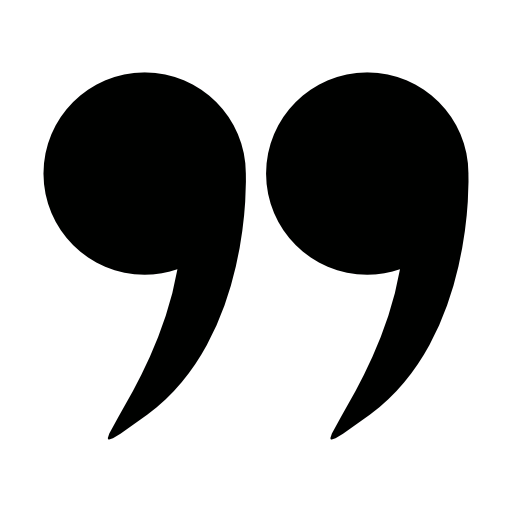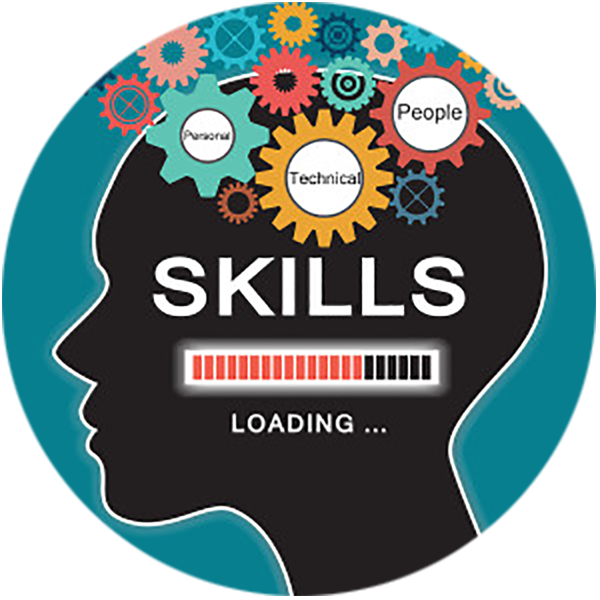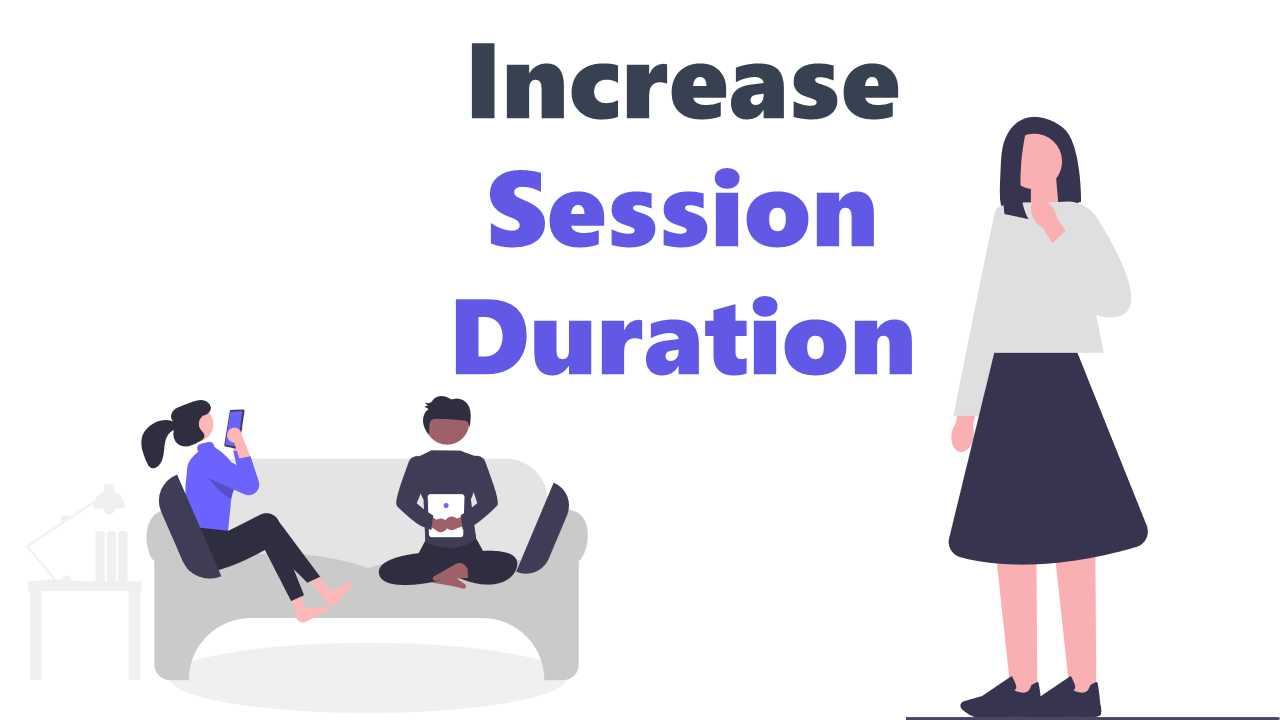What are some effective stress-management techniques?
Stress is a common experience for most people, and if not managed properly, it can lead to negative effects on both physical and mental health. Therefore, it is essential to have effective stress-management techniques in place to help manage stress effectively. In this blog, we will explore some practical tips for managing stress.
-
Identify the source of stress: The first step in managing stress is to identify the source of stress. This can be achieved by keeping a stress diary or journal, which can help you identify patterns in your stress levels and the triggers that lead to stress.
-
Practice relaxation techniques: Relaxation techniques such as deep breathing, meditation, and yoga can help reduce stress levels. These techniques can help calm the mind, reduce muscle tension, and lower heart rate and blood pressure.
-
Exercise regularly: Regular exercise is an effective stress-management technique. Exercise releases endorphins, which are natural stress-fighters, and can also improve mood and boost energy levels.
-
Prioritize self-care: Self-care is essential for managing stress. This includes getting enough sleep, eating a healthy diet, staying hydrated, and taking time to engage in activities that bring joy and relaxation.
-
Practice time-management: Time-management is essential for reducing stress. Prioritize tasks, set realistic deadlines, and take breaks between tasks to help manage stress levels.
-
Connect with others: Social support can be a significant stress-management technique. Connect with friends and family, join a support group, or seek professional help if needed.
-
Set boundaries: Setting boundaries can help manage stress levels. Say no to activities or commitments that cause unnecessary stress, and establish boundaries with work and personal relationships.
-
Practice gratitude: Practicing gratitude can help shift the focus from stress to the positive aspects of life. Take time each day to reflect on the things you are grateful for, and keep a gratitude journal to help cultivate a positive mindset.
-
Take breaks: Taking breaks is essential for managing stress levels. Step away from work or stressful situations, take a walk, or engage in a relaxing activity to help reduce stress.
-
Seek professional help: If stress levels are impacting daily life and relationships, seek professional help. Mental health professionals can provide support and help develop effective stress-management strategies.
In conclusion, stress is a part of life, but it is essential to have effective stress-management techniques in place to manage stress levels effectively. Practicing relaxation techniques, exercising regularly, prioritizing self-care, connecting with others, setting boundaries, practicing gratitude, taking breaks, and seeking professional help are all effective stress-management techniques that can help manage stress levels and improve overall well-being.





























